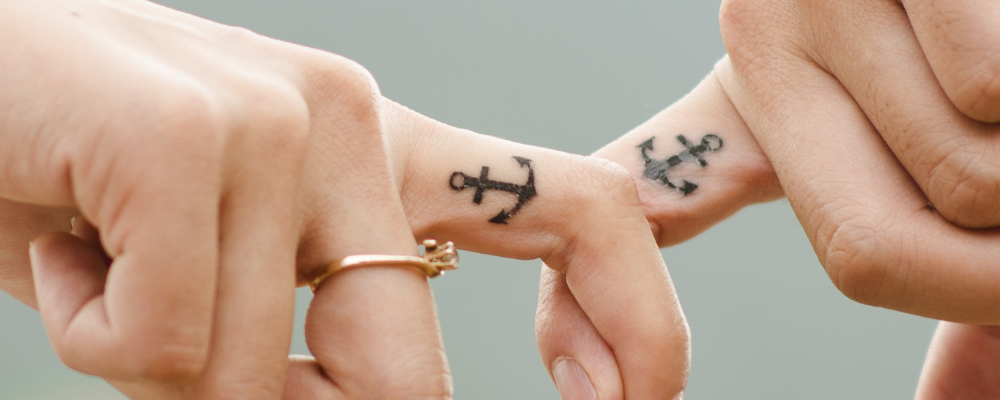What is the best therapy for relationship problems? Getting help for your relationship in Geelong.
The most effective way of dealing with relationship problems is to see a couples counsellor, also known as a couples therapist or relationship counsellor. Couples counsellors are trained professionals with a range of therapeutic tools at their disposal for helping couples navigate the challenges that many relationships face.
In some situations individual counselling for relationship problems can also be helpful. If one person in the partnership is not able or willing to see a couples therapist, then booking an individual counselling session can still be of benefit.
There are a many different frameworks used by relationship counsellors such as attachment-based therapy, the Gottman method, cognitive-behavioral therapy, emotional-focused therapy, narrative therapy, and solutions-focused therapy approaches. Reading about each of these approaches before booking in to see a couples therapist is an important step in the decision-making process.
An increasingly popular and effective approach to couples treatment is known as attachment-based therapy. This is a very powerful framework because it explores the connection between our early attachment experiences with our primary caregivers (the bonds we formed with our parents), and uses this to understand our patterns of relating to others. The relationships we form as children create an internal template for relating and therefore have a lasting impact on the nature of our adult intimate relationships. Our self-view and our view of others is deeply influenced by the quality of our early relationships. When we understand our attachment style, it gives us a new perspective and helps us work through problems in our intimate relationships.
Psychological research in this area has identified four main attachment styles; secure attachment, anxious attachment (also referred to as preoccupied), avoidant attachment (also referred to as dismissive), and disorganized attachment (also referred to as fearful-avoidant). People with an anxious or preoccupied attachment style typically have a negative view of themselves and often seek approval and emotional support from their partner. As a result may need to resolve conflict quickly to feels ‘safe’. When their partner does not provide reassurance and responsiveness they may become more anxious, demanding, preoccupied or clingy. People with an avoidant or dismissive attachment style are very self-sufficient and prefer not to rely emotionally on others. They typically avoid emotional closeness and may suppress or dismiss vulnerable feelings. They can also be avoidant of conflict which can cause issues when partnered with someone who has a more preoccupied style wo needs closeness to feel reassured and loved.
People with a disorganized attachment style are more likely to have unstable relationships and may struggle to regulate their emotions. They tend to alternate between seeking closeness and distance, which can be confusing for them and their partner. In contract to these styles, a person with a secure attachment style has a healthy view of themselves and others. They are able to depend in a healthy way on their partner and feel comfortable expressing themselves emotionally. This usually results in a capacity to maintain stable and long-lasting relationships.
Understanding how we operate emotionally in relationships is the key to unlocking change. The good news is that attachment styles are not fixed and couples therapy can help people alter and adapt these patterns over time, to improve the functioning of our relationships and our individual wellbeing. Attachment-based therapy for couples can help with improving communication, reducing conflict, learning ways to manage conflict more effectively, helping each partner get their individual needs met through the relationship, increasing intimacy and connection, establishing healthy boundaries, as well as negotiating roles, commitments, and goals.
At Mindwell Psychology Geelong we use an attachment-based and emotion-focused approach to working with couples, and we tailor this approach to suit each individual couple. Please contact us if you would like more information or are seeking an appointment.

